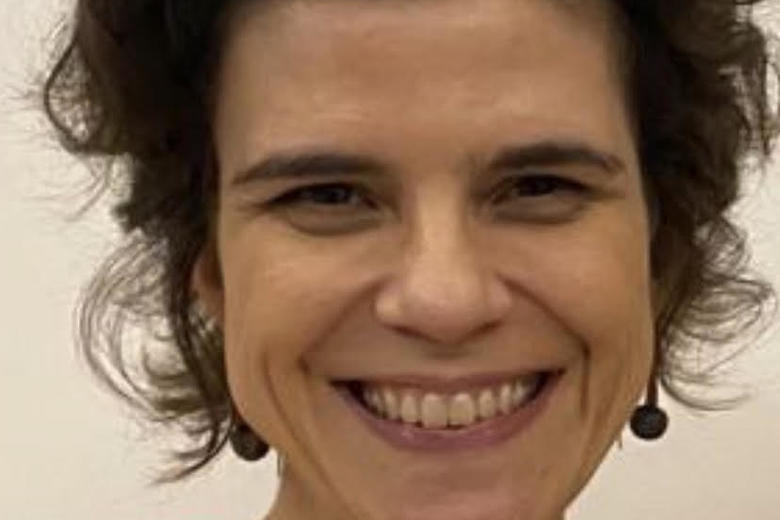About the Project
Gender Wars: East and South brings together an interdisciplinary network of scholars and artists of gender and sexuality across Latin America and Central Eastern Europe to examine the link between history, religion, sexuality, and gender under contemporary authoritarianisms.
The last decade has seen a significant conservative backlash against women's and LGBTQ rights across the globe. From Russia to the United States, attempts to curtail women's reproductive rights have been accompanied by a backlash against (liberal) feminism and non-heterosexual identities. In Central and Eastern Europe and Latin America, in particular, conservative political and religious actors have sought to curb debate about gender equality, reproductive justice, sexual violence, and discrimination against LGBTQ communities. Countries with right-wing, conservative leadership, in particular, have seen a dismantling of reproductive rights and anti-discrimination policies.
Gender Wars: East and South aims to document the similarities, differences, and connections between "anti-gender" movements across the two regions. Across a series of workshops, roundtables, and artistic interventions hosted by network hubs – the University of Oxford, Central European University, Federal University of Bahia, University of Amsterdam, University of Brasilia, University of Warsaw - it aims to expose and examine both region-specific and cross-regional historical, socio-cultural, and religious dynamics which generate and underpin the conservative backlash against women's and LGBTQ rights. What role have historical changes in religious life, family structures, and legal reforms in the field women's and LGBTQ rights played in generating contemporary "anti-genderisms"? How has the experience of various forms of authoritarian regimes and processes of post-authoritarian democratization influenced social perceptions of gender and sexuality? How have the effects of neoliberalism (for instance, changes in labour regulations and social welfare) intersected with "pro-family" conservative approaches in these regions?
Gender Wars: East and South will also highlight the role of art in critically interrogating and resisting anti-gender movements in Latin America and Central Eastern Europe and integrate artist-led practice in the facilitation, recording, and dissemination of inter-disciplinary dialogues.












